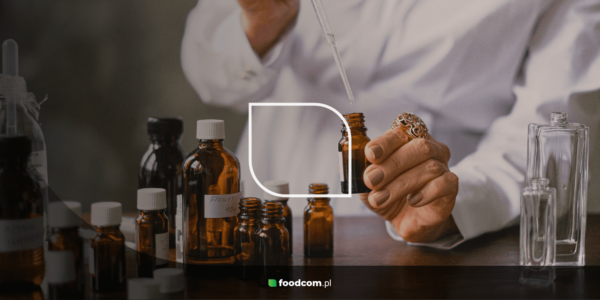Sorbic acid – what is it?
Sorbic acid, also known by the chemical name E200, is a natural preservative used in the food industry to extend the shelf life of food. It is an organic compound, belonging to the group of unsaturated acids, obtained both by synthetic methods and from natural sources, such as berries and grains of certain plants.
It is characterized by a faint, peculiar odor and bitter taste, which makes it hardly noticeable when added to food. Sorbic acid is valued for its bacteriostatic and fungistatic properties, meaning that it inhibits the growth of bacteria and molds without fully destroying them.
Properties of sorbic acid
Sorbic acid exhibits a number of beneficial properties, thanks to which it is widely used in the food industry. It is safe for human health, as confirmed by studies and recommendations of organizations such as the World Health Organization (WHO) and the European Food Safety Authority (EFSA). Its preservative action allows it to effectively inhibit the growth of microorganisms, which contributes to extending the shelf life of food products, while preserving their taste, aroma and nutritional value.
Applications of sorbic acid
Sorbic acid is used in many food industries. It is most commonly added to products such as cheeses, cured meats, bakery products, fruit and vegetable preparations, beverages, as well as some types of confectionery. It is also used in the cosmetics industry as a preservative in products such as creams and shampoos, as well as in the pharmaceutical industry for preserving certain drugs.
Where to buy sorbic acid?
Sorbic acid is widely available to both individual consumers and businesses. It can be purchased at food industry raw material stores, chemical wholesalers, as well as selected online stores. It is available in various forms, including powder or granules, making it easy to dispense and use as needed.
Sorbic acid and its functions in food
Sorbic acid functions in food primarily as a preservative. Thanks to its ability to inhibit the growth of microorganisms, it prevents food spoilage, which is especially important for products with a short shelf life. In addition, sorbic acid is used to regulate acidity in some products, thus preserving their organoleptic properties for a longer period of time. It is a safe substance, the use of which is regulated by relevant standards and regulations to ensure consumer safety.





